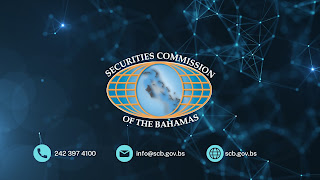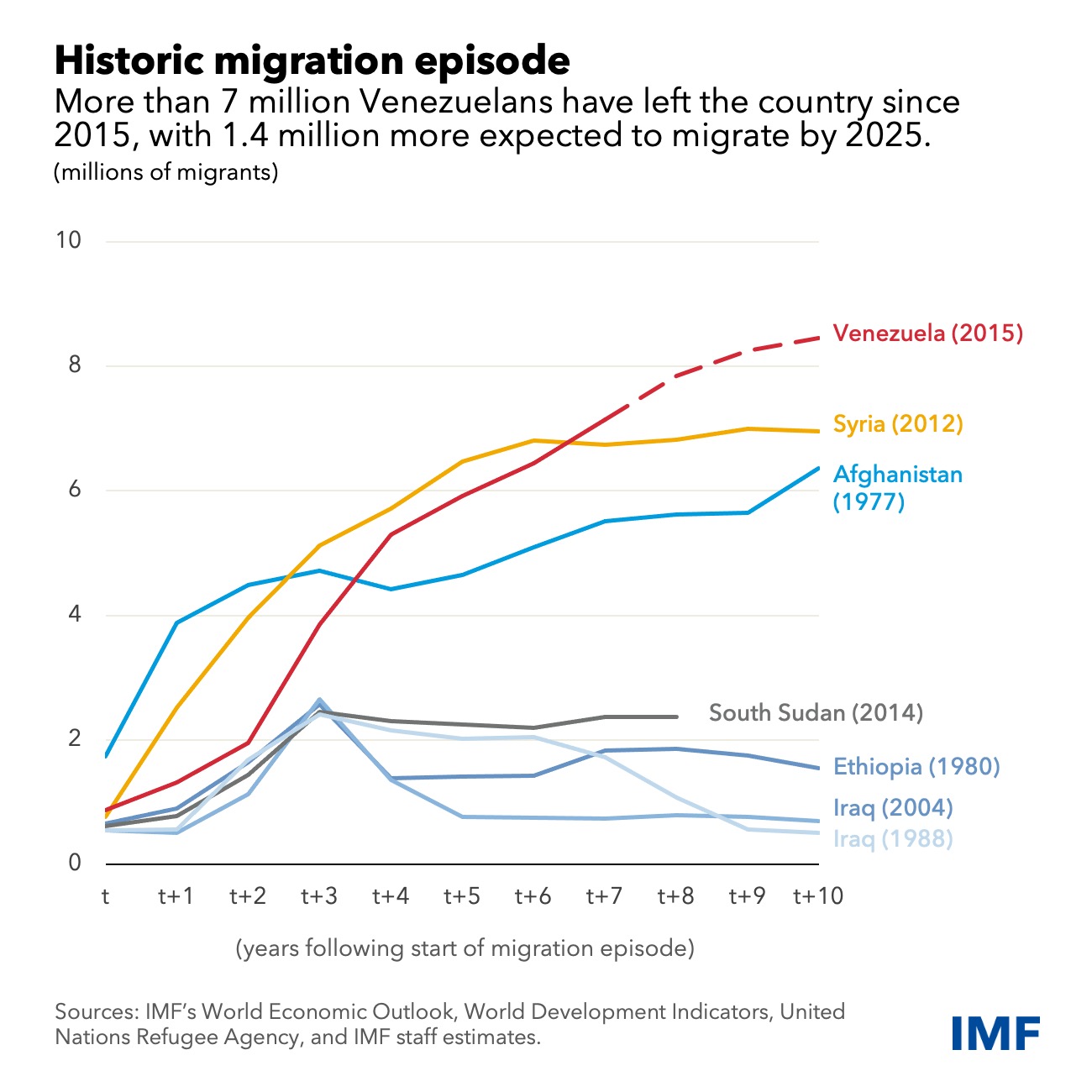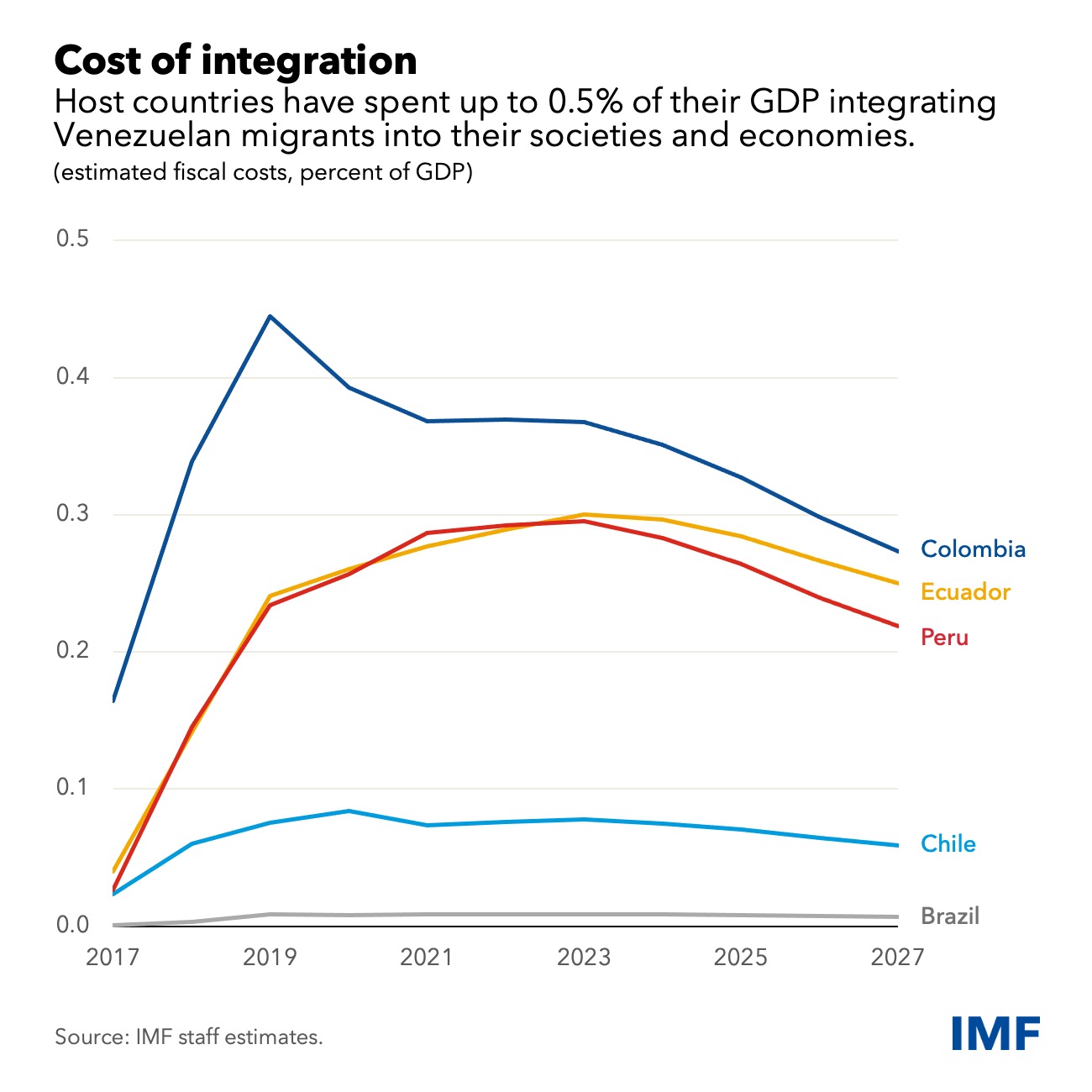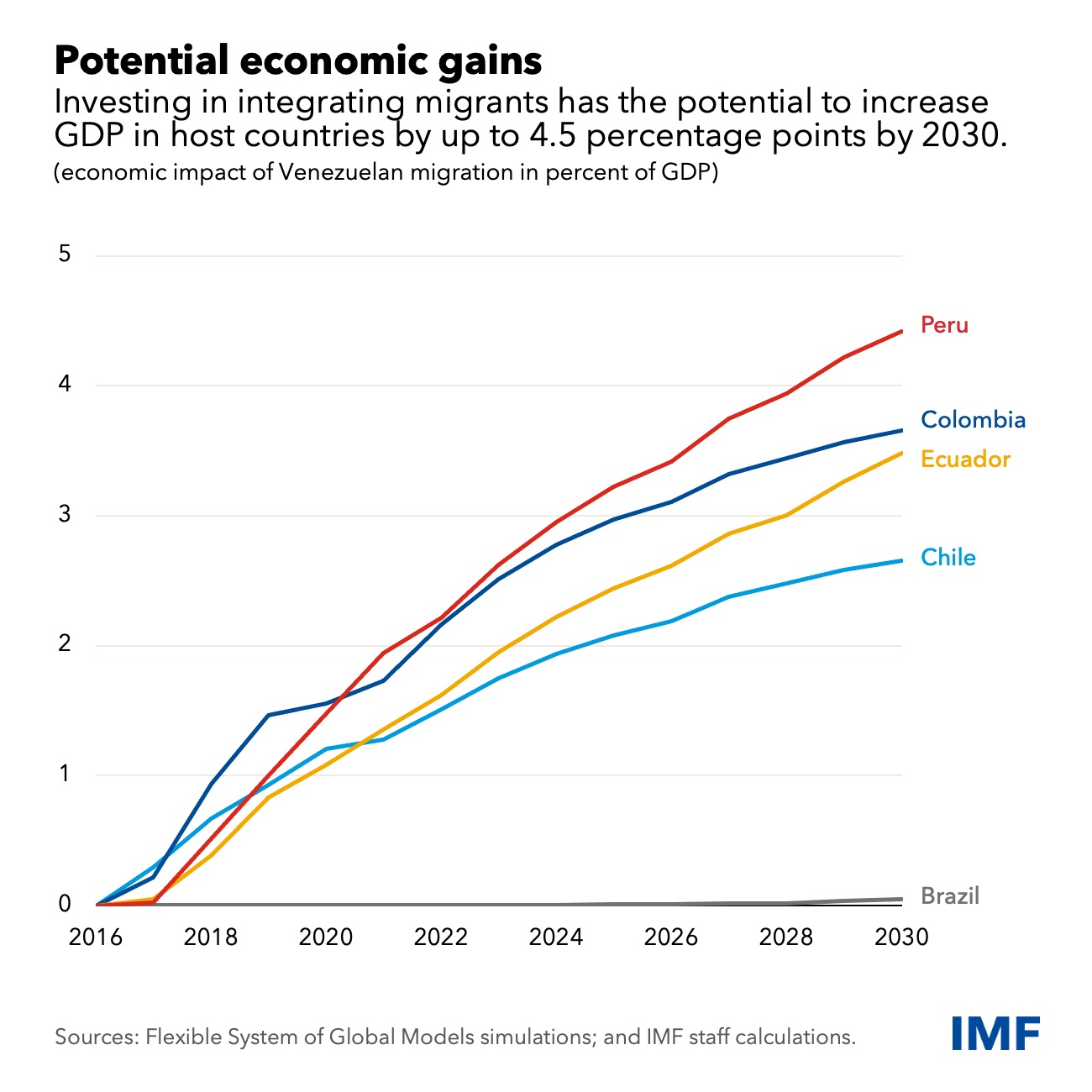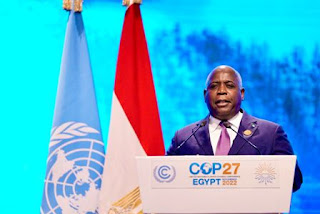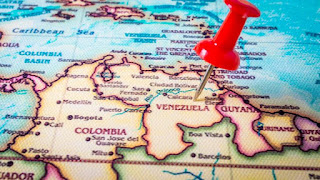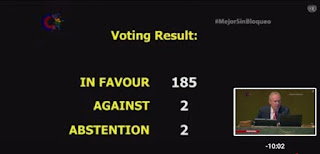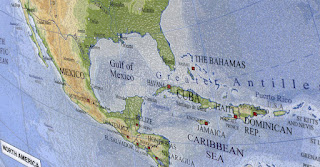Securities Commission of The Bahamas Addresses Misstatements in FTX's US Bankruptcy Case
Nassau, The Bahamas, Tuesday 13 December 2022 – Regrettably, the Securities Commission of The Bahamas must once again correct key misstatements made by Mr. John J. Ray III, the representative of the U.S. FTX debtors, which do not appear to be concerned with facts but rather, appear intended only to make headlines and advance questionable agendas.
To be clear, the Securities Commission of The Bahamas was the first regulator in the world to take strong, decisive action to protect the customers and creditors of FTX – regardless of where they may be located. Every action taken by the Securities Commission of The Bahamas was in strict accordance with our country’s legislation and with orders made by the Supreme Court of The Bahamas. These actions included securing the transfer of potentially commingled digital assets of FTX Digital Markets Ltd. and affiliates to a secure location under the authority of an Order issued by the Supreme Court of The Bahamas. The Commission holds those assets as trustee only (under Bahamian Law), and they will be ultimately distributed, to creditors and clients of FTX, wherever they may be located, in accordance with the court’s direction.
Mr. Ray has referred to redacted email correspondence by and between Mr. Bankman-Fried and Bahamian officials. Those redactions were designed to create a false impression of communications between Mr. Bankman-Fried and the Commission. These redactions are disturbing as Mr. Ray is aware that the full email reveals Mr. Bankman-Fried’s acknowledgement that he had “not briefed the Securities Commission.” The Commission has previously addressed improper distributions to Bahamian citizens in its statement dated 12 November 2022. The Commission reaffirms its prior statement and notes that to the extent improper distributions were made to Bahamian citizens, such distributions will be subject to the appropriate claw back actions under the law.
The Commission also finds it disturbing that, either deliberately or through ignorance, Mr. Ray’s filings and communications continue to wrongfully confuse as one, the actions of the Government of The Bahamas, the Securities Commission of The Bahamas and the Court Appointed/Court Supervised Joint Provisional Liquidators.
The Securities Commission continues to conduct a comprehensive and diligent investigation into the causes of FTX’s failure, working in cooperation with law enforcement and regulatory authorities both in The Bahamas and other jurisdictions. The Securities Commission will make all appropriate findings and recommendations, in the appropriate forum, at the conclusion of its investigation. Persons who are found to have engaged in misconduct will be held accountable in accordance with Bahamian law. Unfortunately, it has been necessary for the Securities Commission to make a request to Mr. Ray’s representatives to not obstruct that investigation.
Mr. Ray has not once reached out to the Securities Commission to discuss any of his concerns before airing them publicly. He, however, has been informed, by letter dated 7 December 2022 to his counsel, that – “… to the extent the Commission is able to assist in the efficient and mutually respectful conduct of the several pending proceedings without impairing the conduct or confidentiality of its ongoing regulatory investigation, including by participating in a meeting with your clients [i.e. FTX US Debtors represented by Mr. John J. Ray III], the Joint Provisional Liquidators and/or their respective counsel, they [i.e. the Commission] are prepared to do so. An appropriate and necessary part of any arrangement reached during such meeting, would be your clients’ assurance that they will take no further action to interfere with the Commission’s investigation and other regulatory measures.”
(Emphasis Added).
Mr. Ray has not responded to the Commission to date.
Editor’s Information:
1. The Securities Commission of The Bahamas (the Commission) is a statutory body established in 1995 pursuant to the Securities Board Act, 1995. That Act has since been repealed and replaced by new legislation.
2. The Commission’s mandate is defined in the Securities Industry Act, 2011 (SIA, 2011).
3. The Commission is responsible for the administration of the SIA, 2011 and the Investment Funds Act, 2019 (IFA), which provides for the supervision and regulation of the activities of the investment funds, securities and capital markets.
4. The Commission is responsible for the administration of the Financial and Corporate Service Providers Act, 2020.
5. The Commission is responsible for the administration of the Digital Assets and Registered Exchanges Act, 2020.
6. The Commission is responsible for the administration of the Carbon Credit Trading Act, 2022.
7. The functions of the Commission are to: advise the Minister on all matters relating to the capital markets and its participants;
- maintain surveillance over the capital markets and ensure orderly, fair and equitable dealings in securities;
- foster timely, accurate, fair and efficient disclosure of information to the investing public and the capital markets;
- protect the integrity of the capital markets against any abuses arising from financial crime, market misconduct and other unfair and improper practices;
- promote an understanding by the public of the capital markets and its participants and the benefits, risks, and liabilities associated with investing;
- create and promote conditions that facilitate the orderly development of the capital markets; and
- perform any other function conferred or imposed on it by securities laws or Parliament (SIA, 2011, s.12).

